|
Newsletter #418 for November 6, 2025 |
|
|
|
|
 |
EPA Releases New Resources to Strengthen Cyber Resilience
|
|
The Environmental Protection Agency (EPA) is ramping up efforts to improve cybersecurity in the U.S. water and wastewater sector. They’ve introduced a cybersecurity procurement checklist along with other resources and guidance to help utilities reduce risks from internet-exposed operational technology (OT) devices.
Key actions taken by the EPA include:
- Publishing resources to identify vulnerabilities in commonly used devices.
- Conducting 49 cybersecurity tabletop exercises across 30 states, with plans to expand nationwide.
- Offering $9 million in grant funding for midsized and large water systems to strengthen cyber resilience.
Despite these efforts, audits show persistent cybersecurity gaps, and legal challenges have stalled attempts to mandate minimum cybersecurity standards. The EPA is seeking case studies and success stories to guide utilities toward better practices.
To better address potential vulnerabilities EPA has developed the following resources:
- Emergency Response Plan (ERP) Guide for Wastewater Utilities: This updated plan describes strategies, resources, plans, and procedures utilities can use to prepare for and respond to an incident, natural or man-made, that threatens life, property, or the environment.
- Template for Developing an Incident Response Plan: This new template assists drinking water and wastewater systems with developing a Cybersecurity Incident Response Plan (CIRP).
- Incident Action Checklists: EPA is publishing two new checklists, as requested by the water sector, to help drinking water utilities prepare for, respond to, and recover from specific emergencies such as wildfires, power outages, floods, and cybersecurity incidents.
- Cybersecurity Procurement Checklist: This checklist will help water and wastewater utilities incorporate cybersecurity into the procurement process. It will help utilities generally assess the cybersecurity practices of suppliers, including vendors and manufacturers, and their products during procurement.
|
|
|
|
|
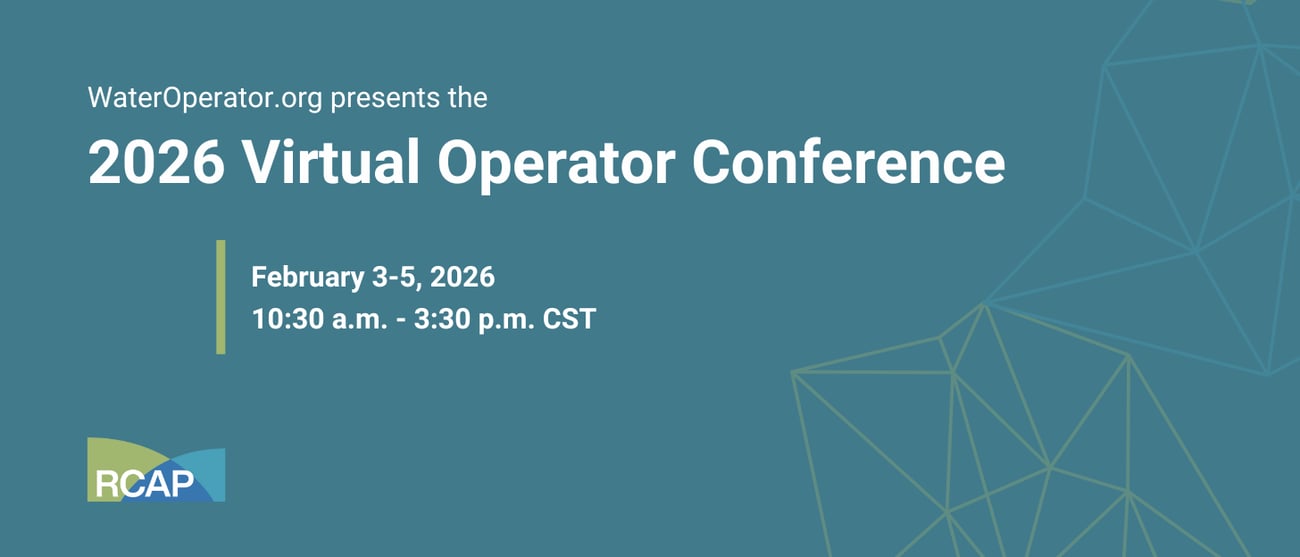 |
Registration for VirCon 2026 is Open! |
|
Our team at WaterOperator.org is excited to announce the Virtual Operator Conference will return in 2026. Free registration is now open!
Over three days (February 3-5, 2026) participants can earn up to 12 continuing education hours applicable to their drinking water operator license renewal.
We are seeking approval in all relevant operator certification jurisdictions and will provide updates on the event registration page and in this newsletter!
Topics include asset management, distribution systems, GIS, and drones. Each session is delivered by a technical assistance professional from the RCAP network. Register now to save your spot! |
|
|
|
|
|
|
Listen to this Two-Part Series from TapTalk |
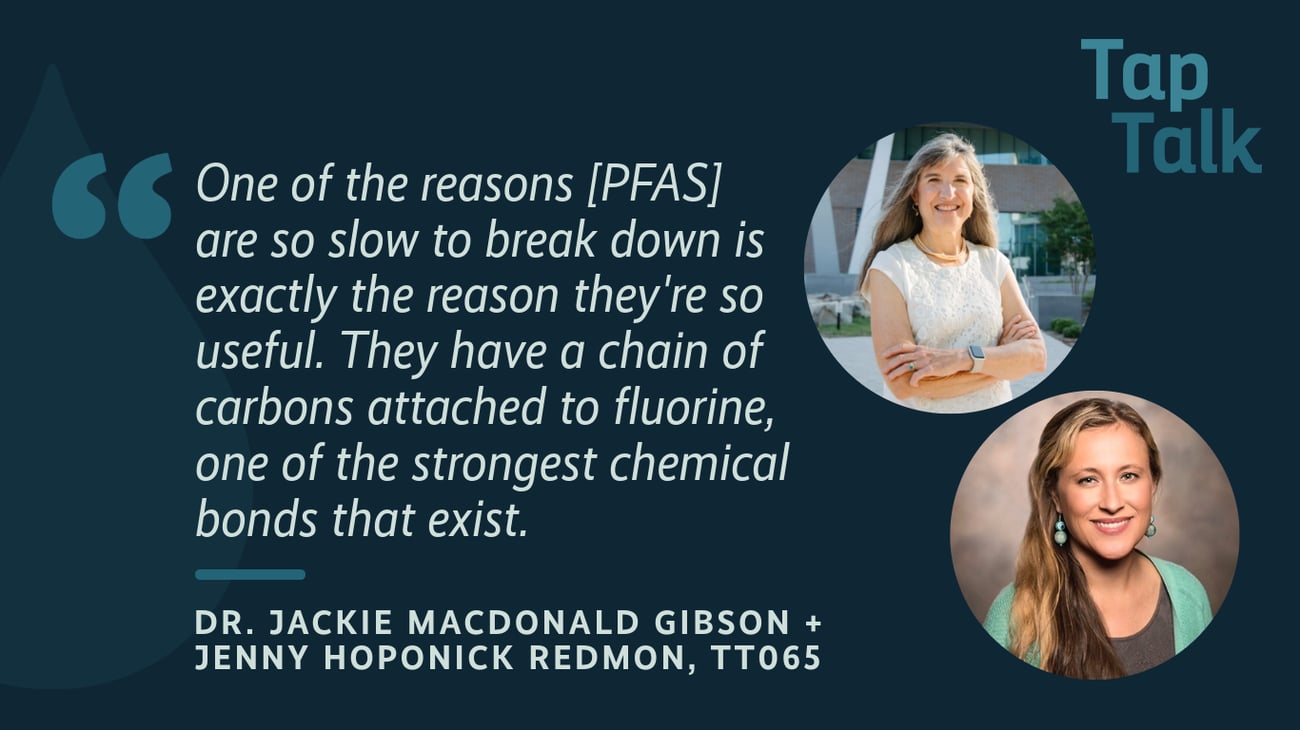 |
Tap Talk |
Understanding PFAS and Private Wells (Part 1)
In this episode we’re kicking off a two-part series exploring PFAS—also known as “forever chemicals”—and their impact on private well users. Jennifer and Steve are joined by Dr. Jacqueline MacDonald Gibson and Jennifer Hoponick Redmon, two leading experts in environmental health and water quality. Together, they break down the science behind PFAS, discuss how these chemicals enter our water supplies, and share new research on exposure risks for private well users. Our conversation explores the challenges, health implications, and ongoing efforts to protect drinking water in rural communities.
|
|
|
|
|
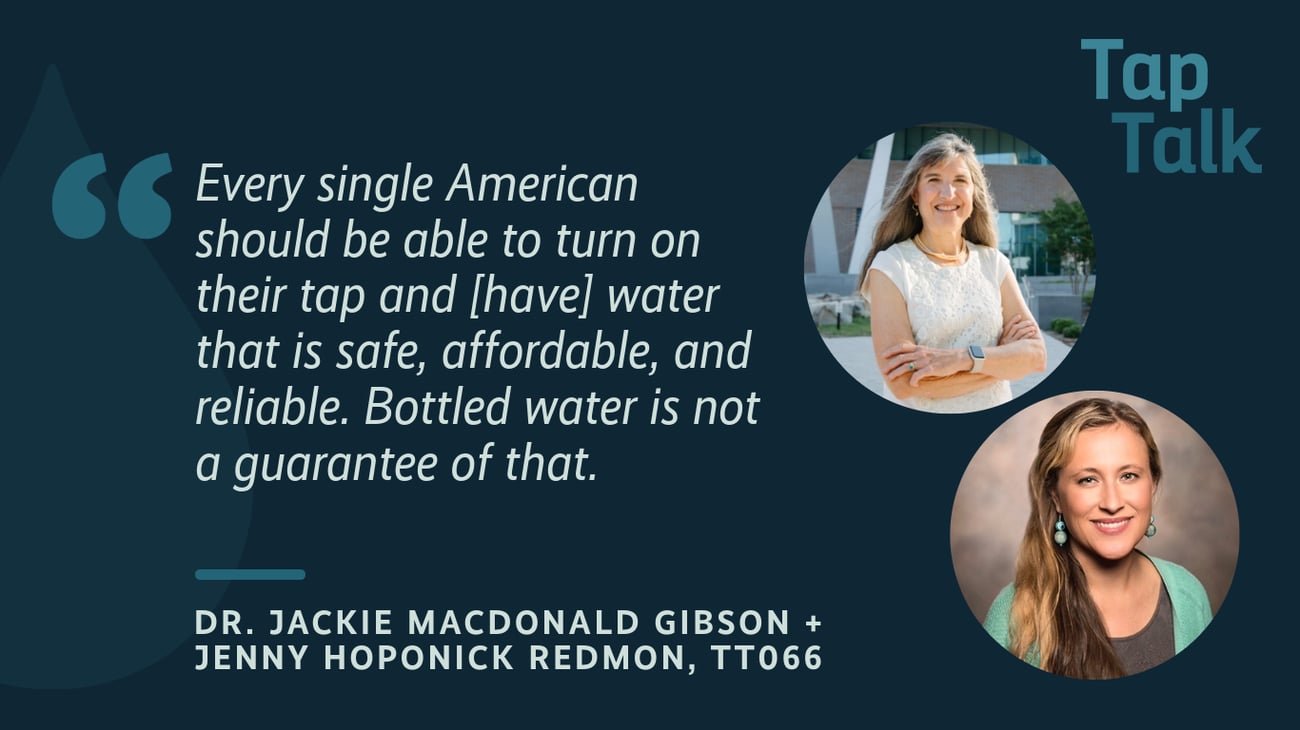 |
Tap Talk |
Understanding PFAS and Private Wells (Part 2)
In this episode we’re concluding a two-part series exploring PFAS and their impact on private well users. Our conversation with Dr. Jacqueline MacDonald Gibson and Jennifer Hoponick Redmon dives further into their research efforts and potential applications. Together these episodes offer important foundational understanding as well as new insight on PFAS exposure via well water.
|
|
|
|
|
|
|
Preparing for LCRI Compliance: Key Insights from NRWA |
|
The National Rural Water Association (NRWA) has published an incredibly useful resource to help water systems navigate the upcoming Lead and Copper Rule Improvements (LCRI) compliance requirements. With the November 1, 2027 deadline approaching, this article provides clear guidance on what utilities need to do now to stay ahead. It breaks down the complex requirements into actionable steps, helping to ensure compliance and avoid costly penalties to your utility.
Highlights from the article:
- Regulatory Timeline: Current LCRR requirements remain in effect until 2027, when LCRI submissions are due.
- Service Line Inventory: Systems must update and verify inventories, including connectors and unknown lines.
- Annual Notices: Required for locations with lead service lines, galvanized requiring replacement, or unknown materials.
- Verification Requirements: New rules call for visual validation of non-lead lines and approved methods for confirming materials.
- Compliance Risks: Unknown lines in the 2027 baseline inventory trigger additional obligations like sampling and replacement plans.
- Data Management: Digital tools are strongly recommended to handle the data-intensive nature of LCRI compliance.
|
| Read the Full Article |
|
|
|
|
Featured Video |
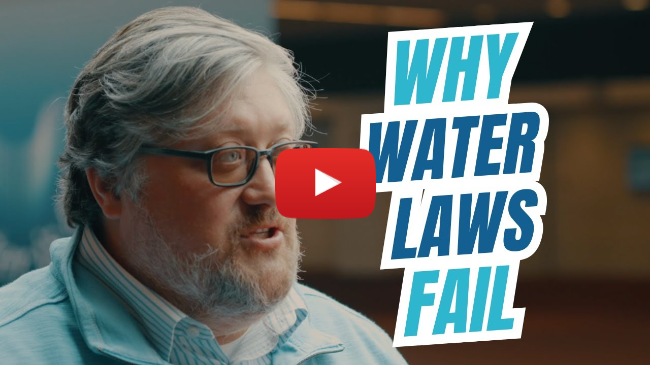 |
Why Water Laws Fail — And How We Can Fix Them
waterloop
"When it comes to water, our laws often fall short — not because of neglect, but because they’re built on compromise. Luke Wilson says that every law is a negotiation, and too often, the environment loses in that deal.
As Deputy Director of the Center for Water Security and Cooperation, Luke Wilson is working to change that by improving water governance and helping legislators understand what’s truly at stake. His organization equips policymakers — and the utilities that serve the public — with the knowledge and tools to advocate for stronger protections and smarter laws.
From advancing data transparency to empowering communities with access to information, Wilson’s mission is clear: create a legal foundation that supports lasting water security." |
|
|
|
|
$11B Halted for Water Projects in 12 States |
|
The White House has paused over $11 billion in water infrastructure projects across 12 Democrat-led states, according to the Office of Management and Budget (OMB). The affected projects, managed by the U.S. Army Corps of Engineers, include initiatives in the following states: California, Illinois, Maryland, New York, Oregon, New Mexico, New Hampshire, Massachusetts, New Jersey, Rhode Island, Delaware, and Colorado.
Specific projects under review include New York Harbor and Baltimore Harbor improvements, as well as habitat restoration and wastewater system improvements. OMB Director Russ Vought stated the review is linked to the ongoing government shutdown, which has limited the Corps’ ability to manage large-scale projects. The administration is considering canceling some projects, indicating a desire to “reorient how the government prioritizes Army Corps projects.” |
|
|
|
|
Featured Video |
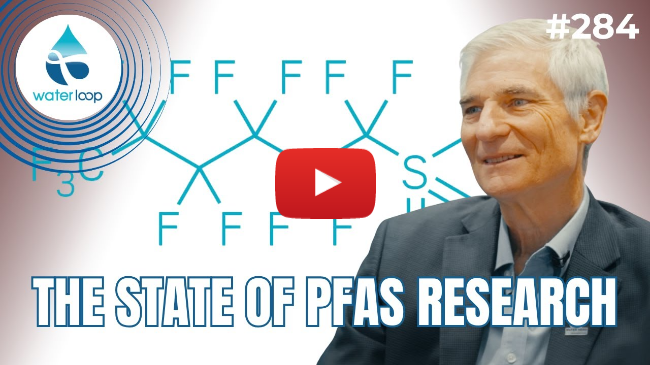 |
What Does Science Say About PFAS In Our Water?
waterloop
"PFAS remains one of water’s toughest and most urgent challenges — a class of thousands of persistent compounds still only partly understood but deeply embedded in modern life and the environment.
In this episode, Peter Grevatt, CEO of The Water Research Foundation, discusses the state of PFAS research, including how science is closing critical knowledge gaps and revealing where the next breakthroughs may come.
Grevatt explains how new “total PFAS” and precursor testing methods are helping researchers glimpse what lies beneath the surface — the larger iceberg of unmeasured chemicals. National studies led by WRF are also reshaping assumptions about where PFAS comes from, showing that domestic wastewater may contribute a greater overall mass than industrial sources.
AI is beginning to aid detection, with early research into “fingerprinting” PFAS signatures from fire training sites, landfills, and other sources to help utilities identify where contamination originates.
When it comes to solutions, Grevatt outlines a field in motion rather than finished answers.
Granular activated carbon, ion exchange, and reverse osmosis remain reliable workhorses, but their limits—especially with short-chain PFAS—are driving studies on tailored treatment media and lower-cost destruction technologies.
Grevatt also highlights growing research on PFAS in biosolids and the global search for safe management options, from land application to disposal."
The link we have included in this newsletter starts at the 2:04 minute mark which is right at the beginning of the interview. The first 2:03 minutes contain a sponsorship message from Shimadzu. Though we do not promote any products at WaterOperator.org, the information provided by Peter Grevatt in this interview is very informative and we wanted to include it with a disclaimer that we cannot endorse any of the products mentioned in this video. |
|
|
|
|
|
|
|
Cybersecurity 103
November 12, 2025 | 1:00 PM EST
U.S. Environmental Protection Agency
EPA's Water Infrastructure and Cyber Resilience Division (WICRD) will provide this free technical assistance course to expand understandings of cybersecurity basic key terms, foundational principles, and a snapshot of its history in the Water Sector. Recent cyber incidents will be discussed, as well as cyber-related resources for the Water Sector. The technical assistance course is a continuance of the Cybersecurity Refresher and Cybersecurity 102 courses.
|
|
|
|
Cybersecurity Refresher
November 18, 2025 | 1:00 PM EST
U.S. Environmental Protection Agency
EPA's Water Infrastructure and Cyber Resilience Division (WICRD) will provide a free cybersecurity technical assistance course on to water and wastewater utilities to reinforce foundational understandings of cybersecurity and how it applies to the Water Sector.
|
|
|
|
Water Cybersecurity Assessment Tool (WCAT) Webinar
November 19, 2025 | 1:00 PM EST
U.S. Environmental Protection Agency
EPA’s Water Infrastructure and Cyber Resilience Division will be hosting a free training on the Water Cybersecurity Assessment Tool (WCAT). In this training, you will learn how to use the Water Cybersecurity Assessment Tool (WCAT) to conduct cybersecurity assessments at water and wastewater systems.
|
|
|
|
|
|
|
|
|
|
|
Recent Blog Posts at WaterOperator.org |
|
|
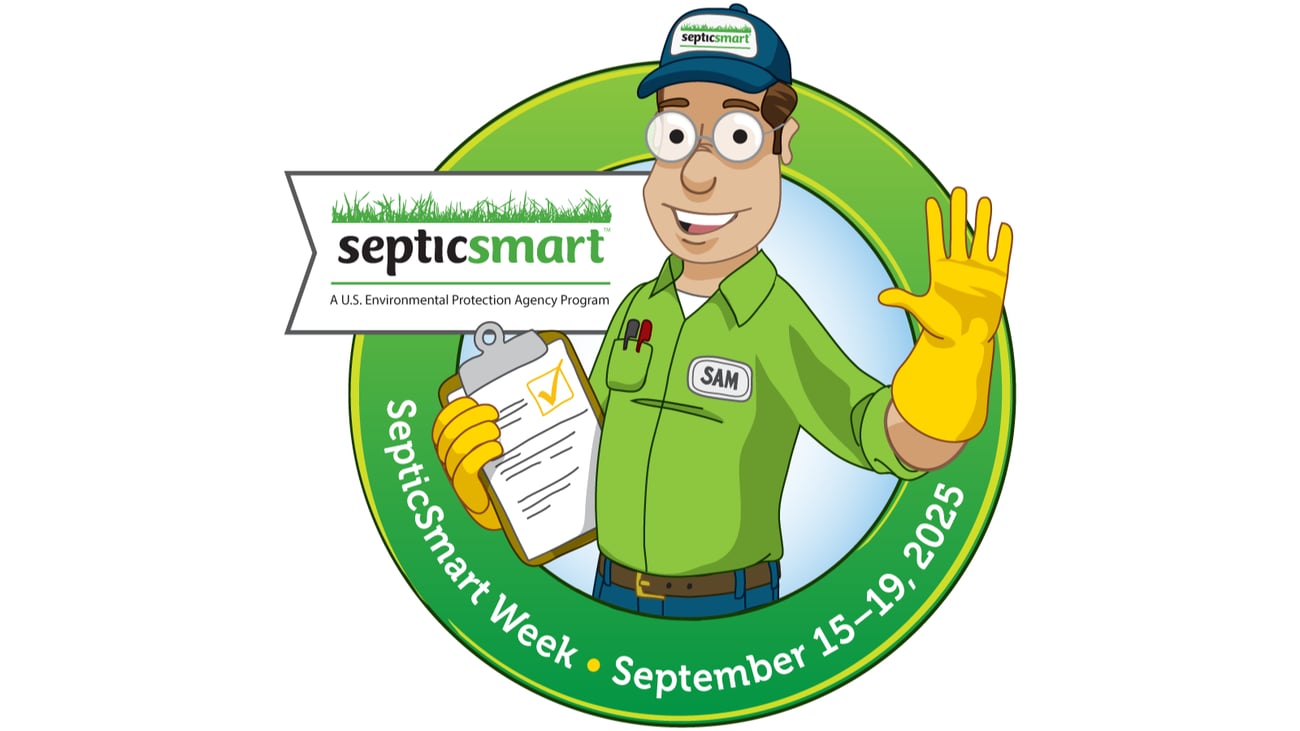 |
|
Get Ready for the 13th Annual SepticSmart Week!
Read Here » |
|
|
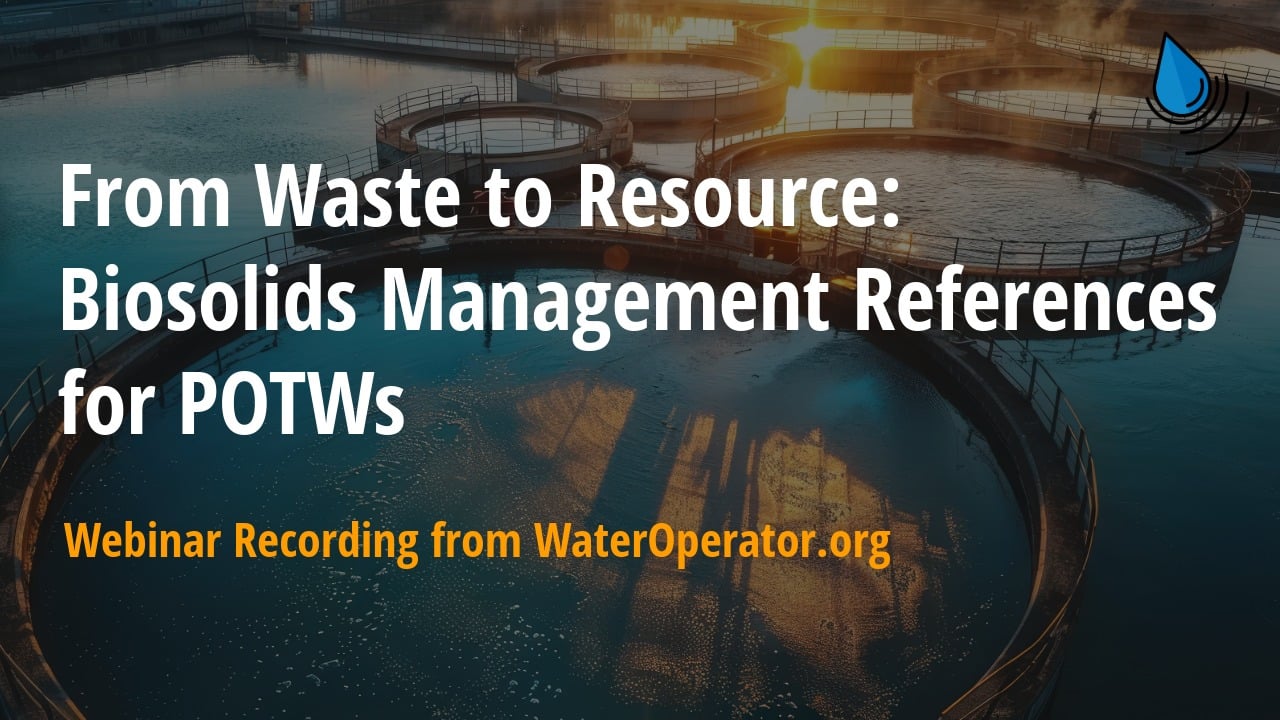 |
|
From Waste to Resource: Biosolids Management References for POTWs
Read Here » |
|
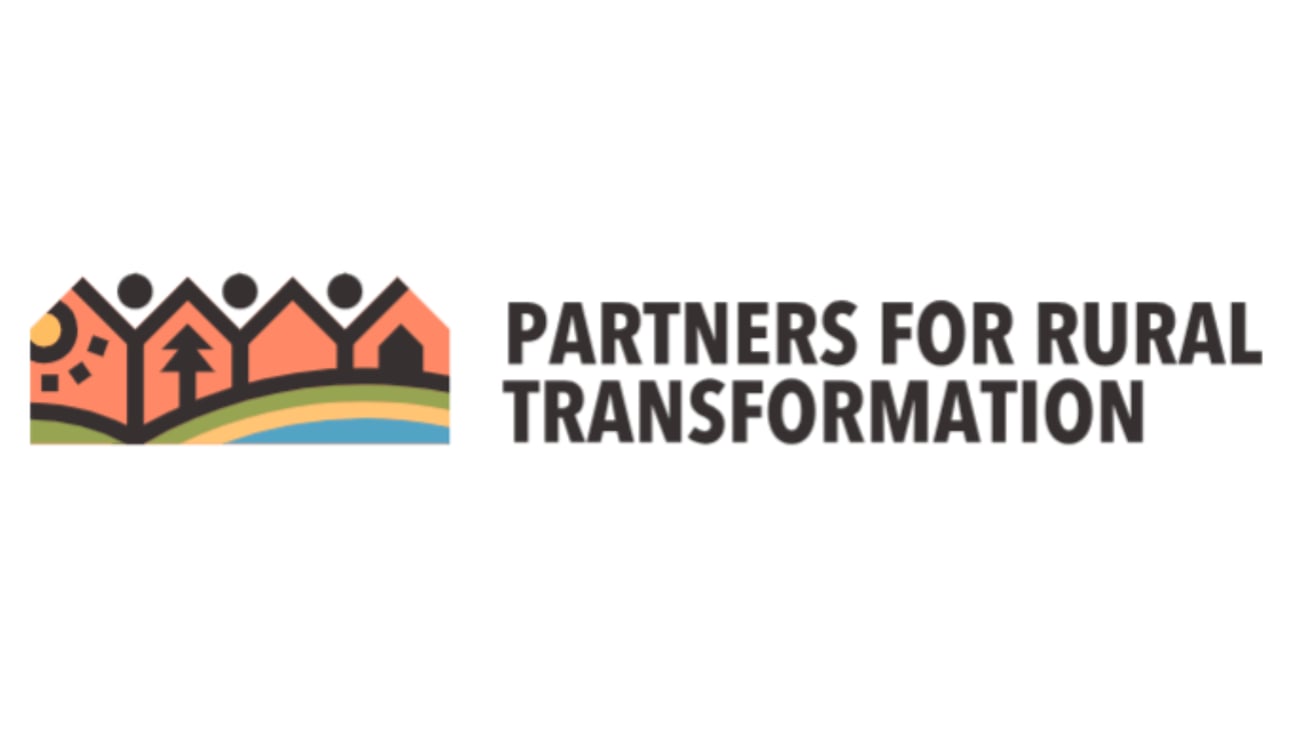 |
|
Unlocking Rural Prosperity: The Rural Funding Guide is Here
Read Here » |
|
|
|
|
|
Groundwater & Well Care for Public Water Systems is a free online course from WaterOperator.org. Certificates are provided and the course is currently pre-approved for 2 hours continuing education credit in a number of states.
Click here to learn more. |
|
|
|
|
|
|
|
|
|
WaterOperator.org is a free service, grant-funded to support small community water and wastewater operators with comprehensive resources and information in one easy-to-use place. We also serve the 800+ training, primacy, and technical service organizations, by helping operators get to their information. We aren't selling or advertising anything. Call us at 1-866-522-2681 for assistance. |
|
|
|
|
|
Visit our other websites: |
|
|
|
|
|
|
|
Click here to unsubscribe | Sent to: _t.e.s.t_@example.com
Illinois State Water Survey, 2204 Griffith Drive, Champaign, IL 61820, United States |
|
|
|
|